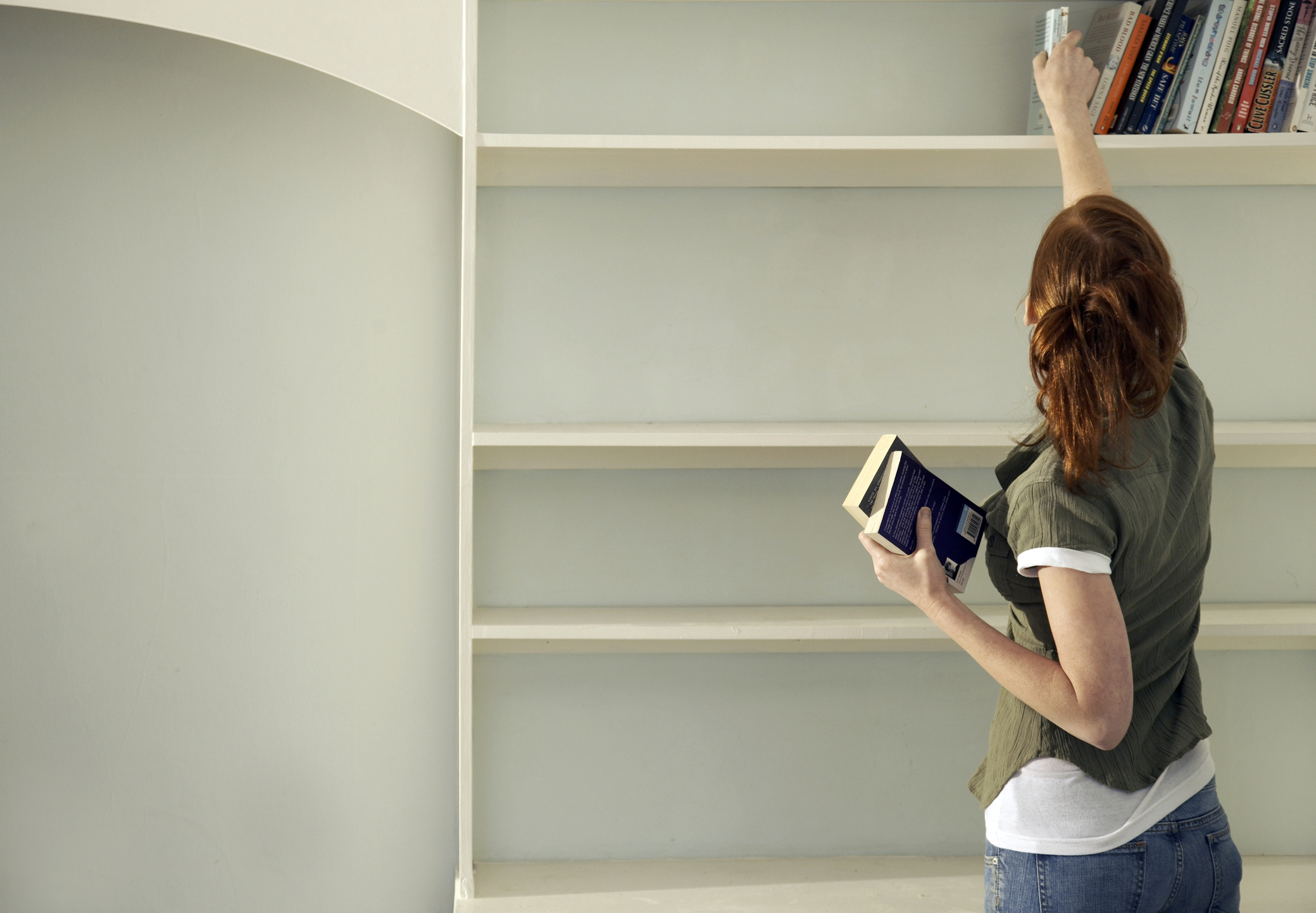How often do you think you feel stressed? A recent study of 2,000 Brits, by health tracking service Forth with Life (forthwithlife.co.uk), found we spend an average nine solid days each month battling stress.
Whether it’s the 500 unread emails in your work inbox, a stack of unpaid bills waiting on your doormat, or demanding family duties draining your energy, it can often feel like the cycle of mental strain is never-ending.
Stress is a normal part of life, and sometimes can actually be helpful – it’s designed to help you take action, perform better and get results.
But if you’re regularly feeling overwhelmed and unable to cope, stress can build up and become a problem – affecting both your emotional and physical health – so you may need to make some small lifestyle shifts in order to help manage your stress.
With that in mind, we spoke to some health and wellbeing experts to find tactics that can help foster calm when stress gets too much…
1. Create a positive stress mindset

How often is your stress linked to an event or challenge that you’ve already decided you can’t overcome? Research suggests the average person has a staggering 45,000 negative thoughts a day – that’s a lot of bad brain mail to sift through. One of the keys to combating stress could be down to managing your mental chatter.
“A positive stress mindset is where something stressful is seen as an opportunity to be embraced, because it may provide learning and achievement,” says Dr Meg Arroll, a psychologist speaking on behalf of Healthspan.
“Researchers at the University of Mannheim in Germany looked at 171 workers in jobs such as education, health and social care, and found those who viewed stress positively were able to cope much better with demands at work.”
Dr Aroll believes we can all start the day by shifting our perception of stress from negative to something more positive: “This will boost motivation for a difficult task and give you the focus needed to complete it.”
2. Not sold on mindfulness? Practice ‘mindlessness’ instead

You’re probably pretty familiar with mindfulness. This zeitgeisty meditative tool can be really helpful for combating stress – but it’s not for everyone.
“Many people find practising mindfulness difficult, which can then make us feel like we’re rubbish, as everyone else appears to find it so easy,” explains Dr Aroll.
For some, she says, a more active ‘mindless’ approach can be better. By moving our attention from ‘being’ to ‘doing’, we can focus outwards in a way that is positive for both mental and physical health.
“For example, making art, helping others and dancing are all activities that concentrate our minds on ‘doing’ and have been found to benefit wellbeing,” she adds.
3. Embrace the Japanese art of Wabi Sabi
The feeling that we need to be perfect – the impeccable partner, flawless at work, looking our best at all times – can lead to an enormous amount of internal stress. “This is compounded by airbrushed social media posts and clever advertising – if only we could be as perfect as the image, all would be well,” says Dr Aroll.
“Although, deep down, we know this is a fallacy, the drive to be faultless is persuasive in our culture. But we can reject this pressure by exploring the art of Wabi Sabi.”
This Japanese concept celebrates the imperfect, the flaws, the cracks and the creases of life. “Embrace your imperfections,” says Dr Aroll, “they make you, you.”
4. Up your vitamins and minerals
“Our minds are an integrated part of our physical bodies, hence the Latin saying ‘mens sana in corpore sano’ or ‘a healthy mind in a healthy body’,” says Dr Aroll. “We’re much more likely to feel stressed if we haven’t had enough good-quality sleep, lead a sedentary lifestyle and eat an unhealthy diet.”
She explains that chronic stress can deplete important vitamins and minerals, such as magnesium, along with various B vitamins, vitamin C and zinc, so investing in a multivitamin such as Healthspan’s MultiVitality Gold (£9.95 for 180 capsules, healthspan.co.uk) can help keep your levels in check.
5. Practice deep breathing
Deep, rhythmic breathing is one of the simplest and quickest ways to lower stress in the body, as it sends instant messages to your brain to relax. “Shallow breathing saps your energy levels and destabilised your emotional balance,” says David James Lees, a Taoist monk and co-founder of Wu Wei Wisdom.
He believes practising just five minutes of diaphragmatic breathing (breathing that contracts the muscle located horizontally between the thoracic cavity and abdominal cavity) will help you take control of, and calm, any racing thoughts that are negatively impacting your mood. “It’s also great for releasing physical tension too,” he adds.
6. Clear the clutter

Sitting among piles of disorganised paperwork? It could be subtly adding to your mental fatigue.
“Feng Shui teaches that your environment can impact mood,” says life coach and Wu Wei Wisdom co-founder, Alexandra Lees. “I advise my clients to systematically declutter their desks, tables and shelves, tidy under beds, and ruthlessly clear out any junk rooms or cupboards where they may be hoarding stuff.”
Lees believes simple changes in the design and arrangement your home can shift the subtle energy of your surroundings and help you de-stress and boost your inner calm, creativity and productivity.
7. Exercise, exercise, exercise
Exercise is vital for mental fitness; it reduces stress hormones and stimulates the release of endorphins – brain chemicals that act as natural painkillers, boost your mood and improve your ability to sleep. “It doesn’t matter what type of exercise you do, as long as you enjoy it and can do it on a regular basis,” says David James Lees.
“If you feel like you don’t have time to exercise, try to incorporate it to your everyday life, such as walking or cycling to work instead of driving or taking public transport.” If you have children to factor in, he suggests you take them to the park for a run-around or get outdoors and do some gardening together.
8. Let in the light
Next time you’re feeling stressed, open your curtains and drink in the sunshine. “Natural daylight at home and in the office is a great mood stabiliser, as it stimulates the release of the ‘happy hormone’ serotonin,” says Alexandra Lees.
“This is particularly important during the colder months, when you’re indoors more often or if pressured work deadlines mean you have less time to take a break and get outside. Keep all windows clean and hang mirrors to maximise the reflection of light into all rooms. You can also brighten darker rooms with lighter coloured paints, wallpaper, furniture and fabrics.”
